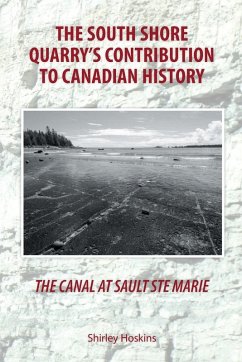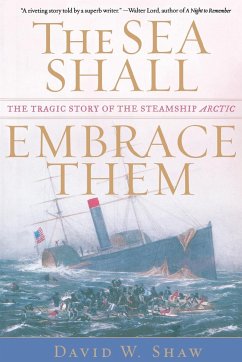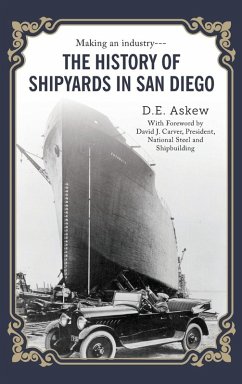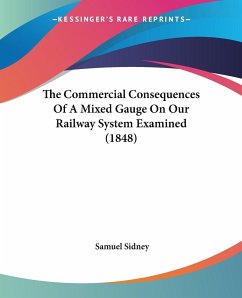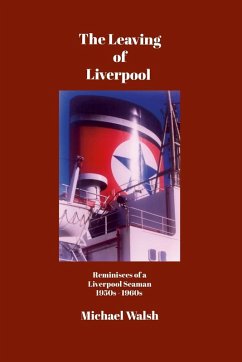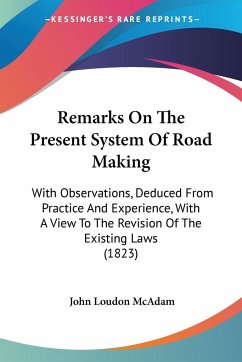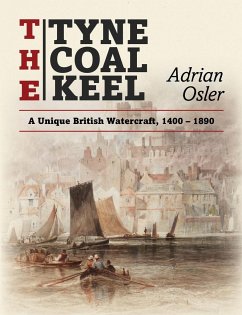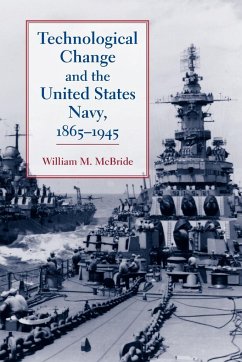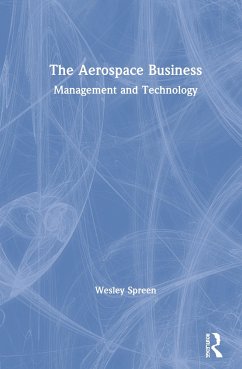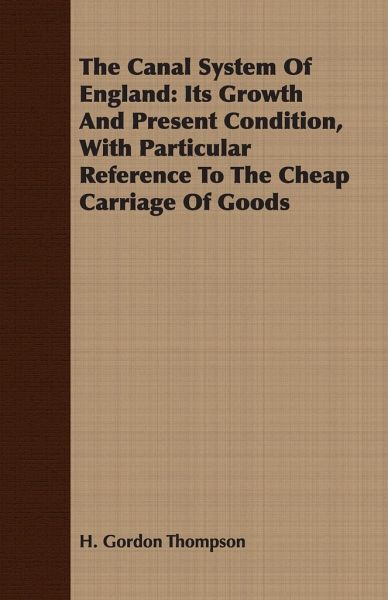
The Canal System Of England
Its Growth And Present Condition, With Particular Reference To The Cheap Carriage Of Goods
Versandkostenfrei!
Versandfertig in 1-2 Wochen
15,99 €
inkl. MwSt.

PAYBACK Punkte
8 °P sammeln!
The material from which this little work has been drawn has necessarily been exceedingly various. I had at one time thought of indicating the many authorities to whose works I am indebted for information, and as far as possible this has been done in the footnotes to the text. So extensive, however, have been the sources from whichmy information has been derived, that it will hardly be surprising if some have been left unacknowledged. May I therefore express my indebtedness to all upon whose experience I have based my argument or from whom I have obtained facts and figures, either by direct com...
The material from which this little work has been drawn has necessarily been exceedingly various. I had at one time thought of indicating the many authorities to whose works I am indebted for information, and as far as possible this has been done in the footnotes to the text. So extensive, however, have been the sources from whichmy information has been derived, that it will hardly be surprising if some have been left unacknowledged. May I therefore express my indebtedness to all upon whose experience I have based my argument or from whom I have obtained facts and figures, either by direct communication or by a consultation of their works- The object of this account of our Canal System has been, not so much to discuss each individual waterway, but to set forth in order the facts relating to our inland navigations as a whole, and to give some idea of the possibilities which lie before the method of transport. November 15th, 1902, Waimer House, 1, Catherine Street, Liverpool. H. The subject of transport is undoubtedly one of tbe introduction most important questions of the present day. The dawn of the Twentieth Century finds the great nations of the world still struggling supremacy, for commercial and there can be no doubt that one of the most important factors in this contest, is the possession of adequate means of transport. The nation having the best means of conveying her merchandise, possesses an advantage, difficult to estimate and still more difficult to reduce. The utility of water as a means of transport has been TIt apparent from a very early age, and the adaptation of the channels or canals, used by the ancients for irrigation, to the much wider purpose, namely as a means of transport, marked the birth of artificial inland navigations. JcJ f Tran8P rt - The Canal System of England. I. HlSTORY. Eariy canals. From the writings of Herodotus, Aristotle, Pliny, and other ancient historians, we learn that canals existed in Egypt before the Christian era, and there is reason to believe that at the same early period, artificial inland navigation had also been introduced into China. Hardly anything, however, save their existence has been recorded of these early works. We know that the Greeks, and afterwards, three of the Roman Emperors, attempted to join the Ionian Sea and the Archipelago by a canal, but failed and Pliny mentions that Drusus, commanding under Augustus an army which was to march into Germany, had a canal made from the now-known Rhine, to the Issel, for the sole purpose of conveying his army it. upon introduction Canals appear to have been introduced into Europe into Europe. with the advent of the Christian era, but for many centuries their employment was very gradual, introduction Their first introduction into this country was by the into J England, RomanSj when Britain, for a period of 400 years, was a province of the Roman Empire.





